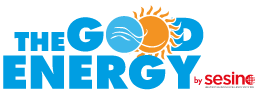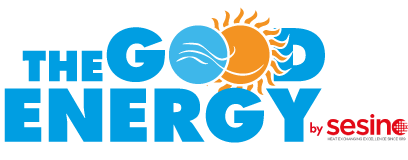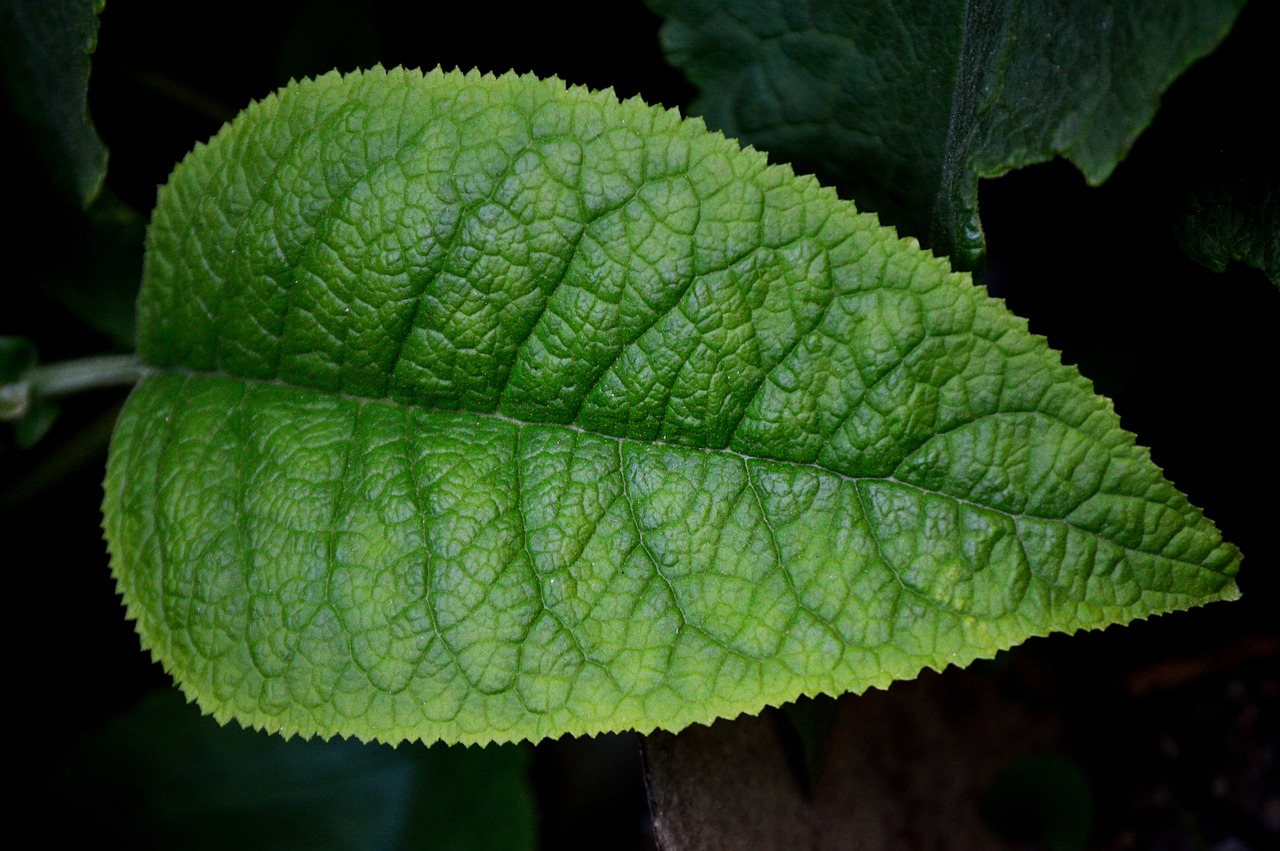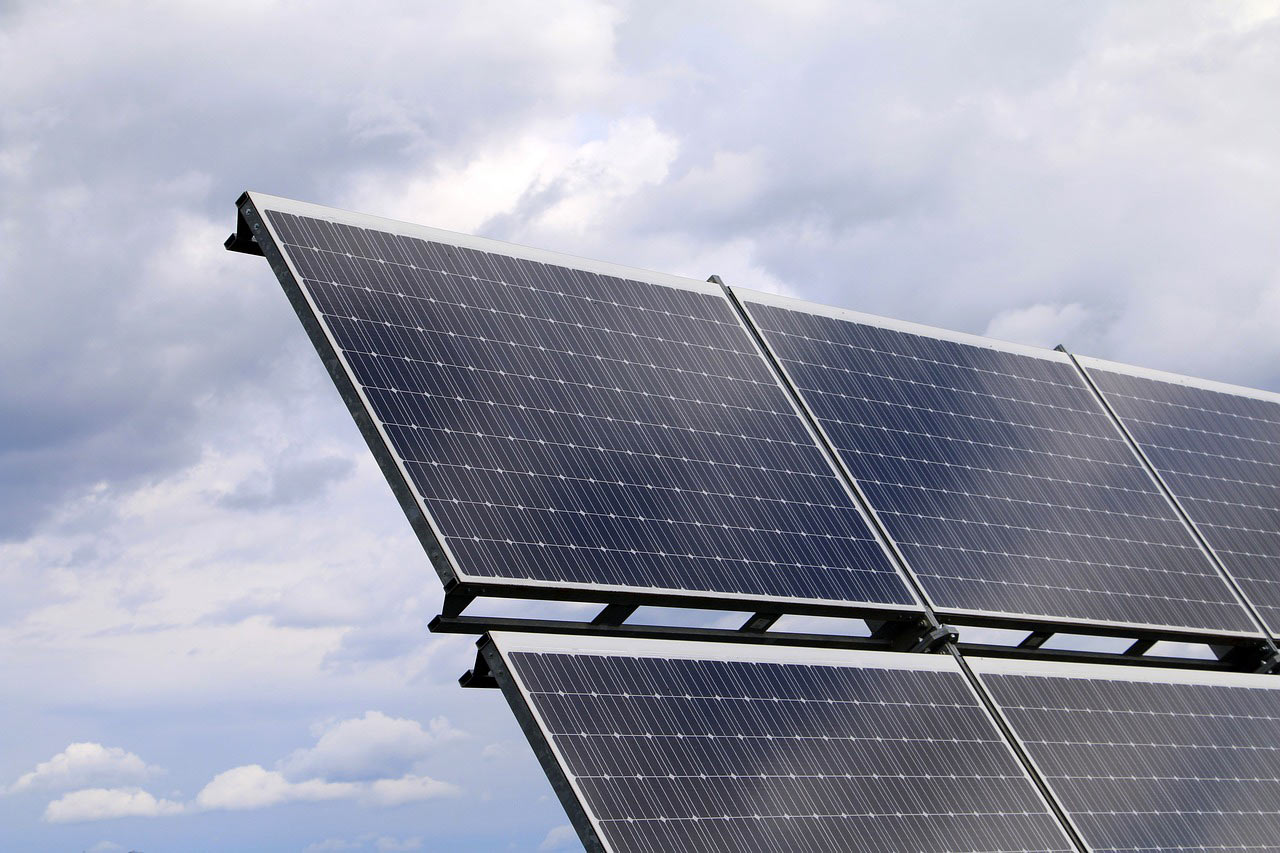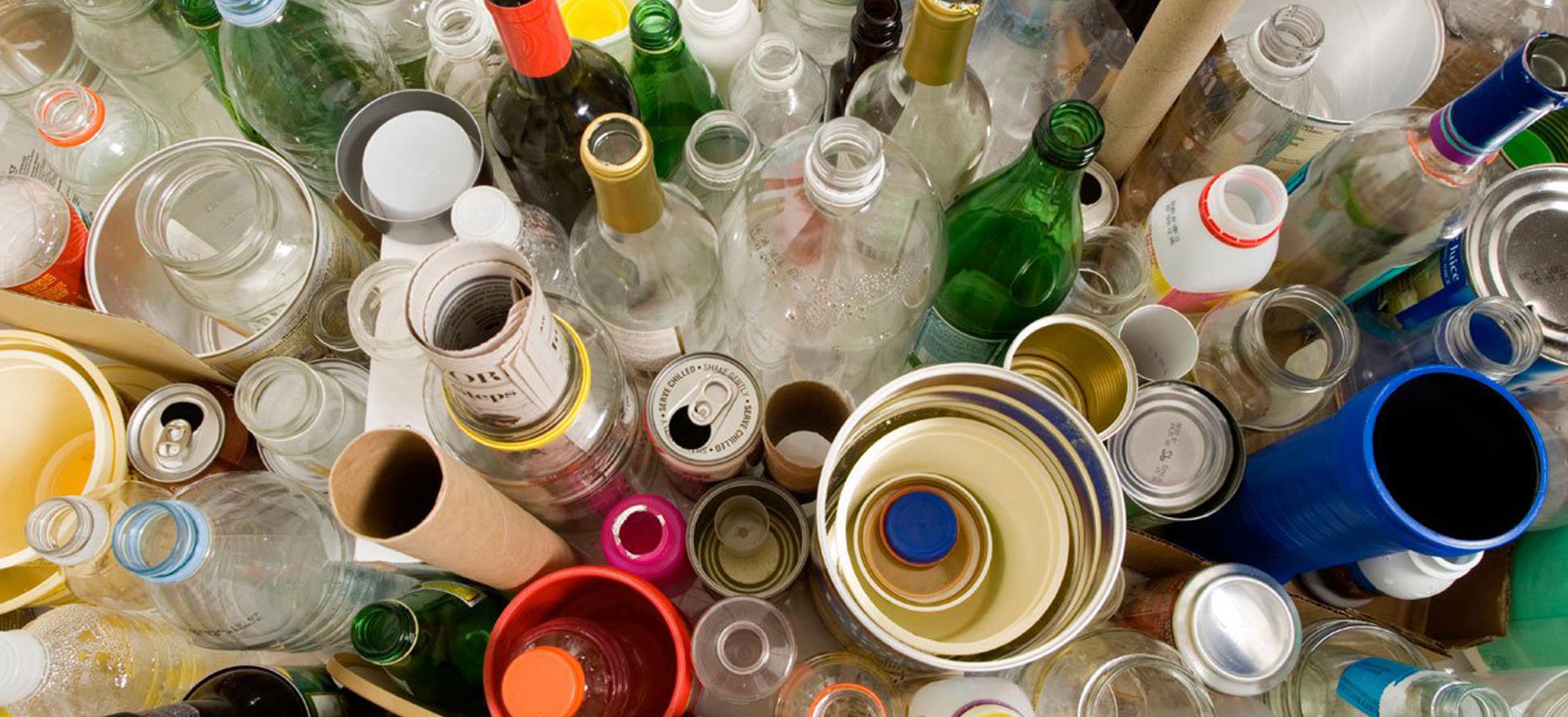Hidden among this waste is a significant amount of potential ‘secondary raw materials’ such as metals, wood, glass, paper and plastics which all too often gets buried in landfill or burned.
We can’t afford to dispose of valuable raw materials in this way for much longer – sectors depending on access to raw materials, such as construction, chemicals, automotive, aerospace, machinery, equipment, renewable energy devices, have a combined added value in excess of EUR 1 000 billion and provide employment for some 30 million people.
Although our recycling efforts have improved in recent years, we are still disposing of far too much waste that could be used as a resource. In terms of household waste alone, each person in Europe is currently producing, on average, half of tonne of such waste. Only 40 % of it is reused or recycled and in some countries more than 80 % still goes to landfill.
As the effects of climate change become more pronounced and resources become ever more scarce, the imperative to turn waste into a resource and form a truly circular economy is clear. The circular economy means that we re-manufacture, reuse and recycle, and one industry’s waste becomes another’s raw material. Waste is eliminated and resources are used in an efficient and sustainable way.
For these reasons Horizon 2020 places a special emphasis on Climate Action, Environment, Resource Efficiency and Raw Materials. Under this challenge, research and innovation activities will cover, among other things: protecting the environment, sustainably managing natural resources, water, biodiversity and ecosystems; ensuring the sustainable supply of non-energy and non-agricultural raw materials and enabling the transition towards a green economy and society through eco-innovation.
For more information: www.heatexchanging.com
